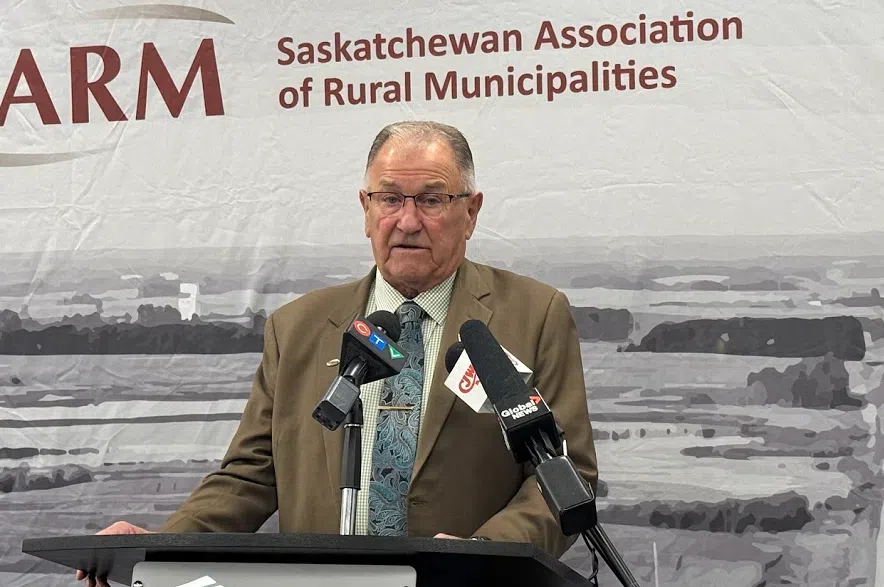Saskatchewan Association of Rural Municipalities (SARM) are in agreement with the recent announcement that the province would be getting rid of the industrial carbon tax rate.
Premier Scott Moe announced on social media last week his government would be getting rid of its industrial carbon tax rate.
Saskatchewan will be the first fully carbon tax–free province in Canada—saving families money and helping our businesses stay competitive amid tariff threats.
Here is what that means for you. pic.twitter.com/qd2k4ezs9F
— Scott Moe (@PremierScottMoe) March 26, 2025
Moe said said the change was made to give consumers a break and allow Saskatchewan industries to be more competitive in the new “tariff environment.”
SARM president Bill Huber said on Monday that the move to drop the tax was a good one.
Read more:
- Sask. gas prices could drop 18 cents per litre as consumer carbon tax ends
- Consumer carbon tax will end on April 1 after order by Mark Carney
- Saskatchewan’s industrial carbon tax decision gets mixed reactions
“SARM welcomes the Saskatchewan government’s announcement to eliminate the industrial carbon levy, making Saskatchewan a fully carbon tax-free province —something we’ve been advocating for for years.
“I think the carbon tax has been in place for approximately six years now coming up in April and the cost keeps going up every year. It puts our farming community and our business people in rural municipalities at a competitive disadvantage, having to pay this and compete on the world stage,” said Huber.
Huber said that the tax was especially bad for farmers.
“We’ve got a carbon tax on power — and that’s going to be gone now — and propane and natural gas and we use them more and more every year, with grain drying and different things in our farming operations.
“I know most producers that have grain drying systems have three-phase power. If they haven’t got natural gas, they have propane to fire those dryers. And that cost goes on and on at a high level, and it’s made us more noncompetitive on a world stage,” he said.
Saskatchewan has its own price on emissions from industry, called output-based performance standards (OBPS). It is a framework that was implemented a few years ago to get the province out from under the federal tax.
The money made from the OBPS is meant to flow through the provincial government and into grants to reduce emissions and a fund to pay for the province’s foray into nuclear power.
In the 2025-26 provincial budget, the government was anticipating $431.5 million in revenue from the OBSP. Altogether, the budget had come out with a $12 million surplus.
— with files from CJME News
Read more:











